4 Reasons Your Septic Tank Should Be Inspected Regularly
Septic systems are essential for managing household waste, yet they tend to be neglected because they operate largely out of sight. This often leads to homeowners forgetting about them until they experience a significant issue. Regular inspection of your septic tank can prevent costly issues, protect your property, and maintain a healthy environment. This article explores the critical reasons why regular septic inspections are a necessity for homeowners. By learning about these benefits, you can ensure the long-term functionality and efficiency of your septic system.
1. Prevent Blockages and Overflows
One of the primary reasons for regularly scheduling septic inspections is to prevent blockages and overflows. These issues are common in systems that lack consistent maintenance, leading to the accumulation of waste and resulting in blockages that can overflow into your home or yard. Avoiding costly repairs is not only economically beneficial but also reduces the risk of sanitation issues within the home. According to the U.S. Environmental Protection Agency, household septic tanks are typically pumped every three to five years, emphasizing the need for ongoing monitoring. Identifying early warning signs of blockage can save you from complex repairs and hazardous exposure to wastewater.
By scheduling routine septic inspections, you can effectively reduce the risk of environmental damage that untreated overflows may cause. This not only protects your property but also prevents the contamination of local water sources and ecosystems. Regular checks ensure that the septic system remains efficient, handling waste as intended without causing undue strain on any part of the system. Routine maintenance eliminates major blockages, allowing systems to function under optimal conditions and minimizing health hazards. Health risks posed by wastewater exposure include gastrointestinal, skin, and respiratory infections, making preventive measures crucial.
Routine septic inspections help in identifying early warning signs such as slow drainage and unpleasant odors before they develop into larger issues. This proactive approach allows you to address potential problems while they are still manageable and before they escalate into emergencies. Moreover, regular inspection helps maintain the structural integrity of your septic tank and associated components. By keeping track of the system's efficiency, homeowners can also benefit from more consistent waste processing capabilities. This can ultimately result in a safer, healthier living environment for you and your family.
2. Protect Property Value
The value of your property is intrinsically linked to the condition and efficiency of your septic system. A well-maintained system is less likely to have negative impacts on your property value because it assures potential buyers of the property's overall health. Regular septic inspections include evaluating its impact on landscaping and ensuring that waste isn't affecting soil quality. Both potential buyers and local regulations view a functional system as an advantage, maintaining landscaping integrity and preventing structural damage to your property. As you protect your home from such risks, your investment is safeguarded as well.
Structural damage often occurs when overfilled tanks result in water seeping into home foundations or nearby structures. Leaking sewage can undermine the stability of buildings and devalue the property significantly. Regular inspections help prevent such damage, actively contributing to the preservation of your home’s structural soundness. Furthermore, keeping detailed maintenance records either for resale or to assure interested buyers of the system's reliability can enhance property resale potential. These records are also beneficial in securing insurance and loan approvals, as they demonstrate due diligence in property maintenance.
Regular inspections additionally provide a platform for certifying the system by professionals, boosting buyer confidence immensely. Buyers are more likely to invest in a property with a clear history of professional inspections and maintenance. This documentation also serves to provide peace of mind for everyone involved in a real estate transaction. Furthermore, compliance with local guidelines through regular checks ensures that sellers meet regulatory standards required for property transfer. As a homeowner, understanding this intrinsic link between septic health and property value is essential for maximizing your investment.
3. Extend the Life of Your Septic System
Regular septic inspections greatly contribute to extending the life of your septic system by preventing premature failures and guaranteeing long-term reliability. These evaluations ensure that minor issues are corrected before they develop into more significant, costly problems. Frequent oversight helps homeowners understand the limitations of their systems, including capacity and durability factors. Armed with this knowledge, homeowners can employ proper maintenance practices, thus reducing unnecessary wear and tear. This not only extends the operational lifespan but often saves substantial amounts in potential replacements and repairs.
Implementing proper maintenance practices according to inspection findings allows adjustments in daily usage habits. Such habits may include mindful water usage, utilizing waste disposal systems correctly, and avoiding flushing harmful substances down toilets. Being aware of system capacities, informed by professional inspections, helps manage household waste effectively. Scheduling timely pumping and cleaning keeps the system fresh and prevents overwhelming the tank with solids that can deteriorate overall functionality. Proactive maintenance further guides homeowners to adjust household behaviors in line with system capacity, optimizing performance.
As per the EPA's recommendations, regular pumping of the septic tank every three to five years aligns with professional maintenance advice. This routine not only averts sudden malfunctions but also spreads out the expenses involved in long-term upkeep. Predictable scheduling of septic inspections and service also lends itself to easier budget management and creates a clear overview of projected maintenance over years. Regular inspections are fundamental for ensuring continued efficacy and serve as practical guides for modifying and planning future system use. The longevity of your septic system is a testament to its well-regulated maintenance through routine checks and care.
4. Avoid Groundwater Contamination
A significant concern associated with improperly maintained septic systems is groundwater contamination. When septic systems overflow or leak, untreated sewage can find its way into groundwater sources, threatening local water quality. Regular septic inspections ensure the system's structural integrity, reducing the potential for leaks or failures that may contaminate local water supplies. Protecting local water sources not only preserves drinking water quality but also aligns with larger environmental stewardship goals. Routine maintenance prevents the backward flow of contaminated water that could compromise critical ecosystems.
Contamination of wells is another serious risk associated with failing septic tanks, as many households depend on these for drinking and cleaning water. Professional inspections can identify weak points or developing issues before they pose considerable public health risks. By ensuring that wastewater systems function properly, residents can protect their own water supplies and those of their neighbors. Moreover, compliant systems avoid inadvertently introducing pollutants into public waterways. This proactive approach ensures the overall health and safety of nearby communities, providing peace of mind for residents.
Aligning with environmental regulations through septic inspections demonstrates a commitment to responsible property ownership. Environmental laws set standards to protect waterways, and adherence ensures that your system not only meets but exceeds these standards. Safeguarding community health involves preventing issues before they escalate into local health crises, strengthening community well-being. Moreover, by maintaining biodiversity in local ecosystems, you help ensure the continuity of natural habitats that rely on clean water. Regular inspections contribute to a sustainable environmental approach, benefiting society as a whole.
Regular septic inspections are not just a beneficial practice but a critical necessity to prevent unwarranted expenses, protect your living environment, and ensure your system's longevity and efficiency. These inspections provide opportunities to address potential problems before they occur, protecting both property value and community health. Whether for health, regulatory, or economic reasons, scheduling regular septic inspections can stave off significant issues before they escalate. By embracing this proactive approach to maintenance, homeowners affirm the indispensable role of inspections in comprehensive property management. Ultimately, investing in your septic system's health today paves the way for sustainable and uninterrupted service in the years to come. If you're looking for a reliable service for regular septic inspections, make sure to contact Southern Septic today!
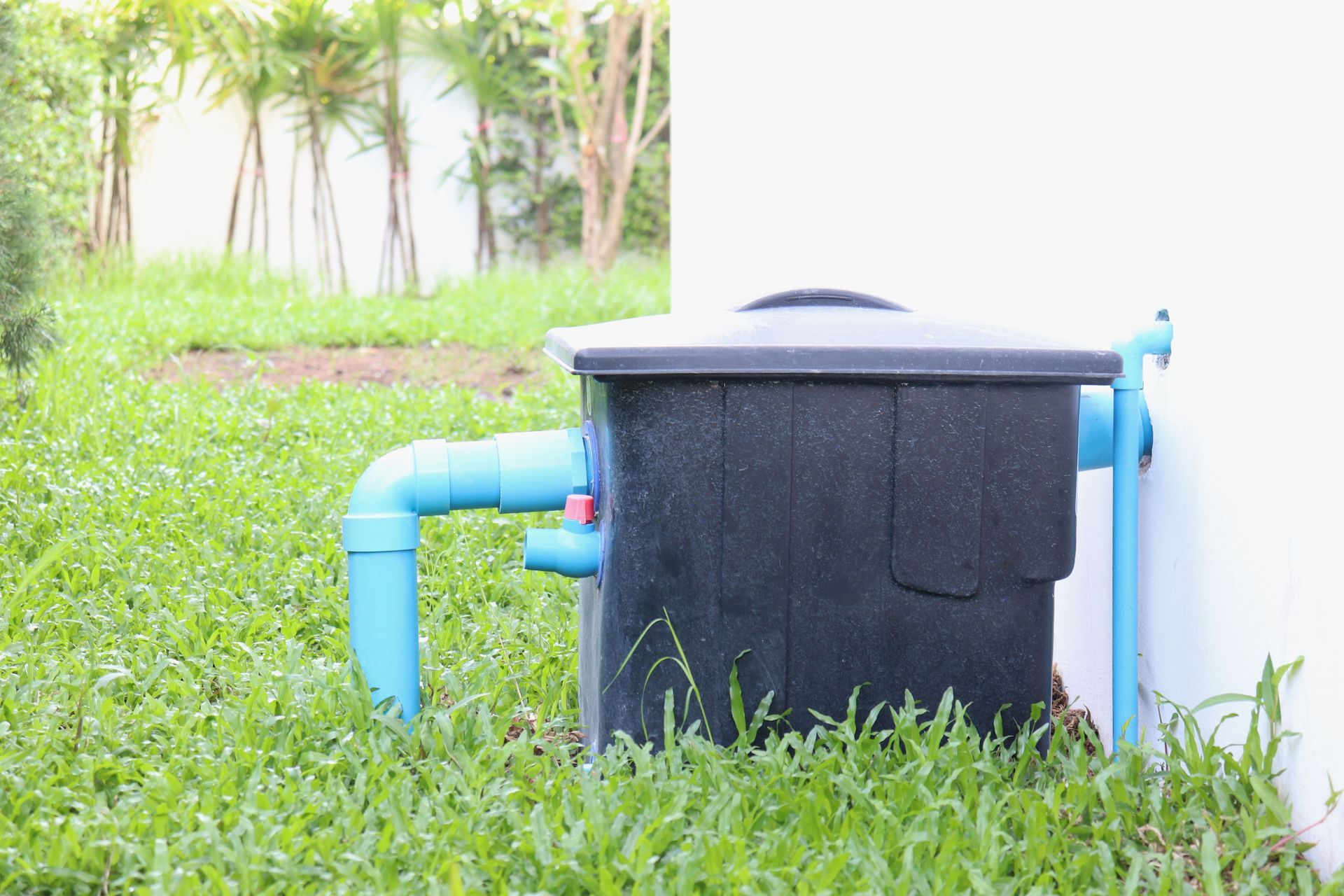
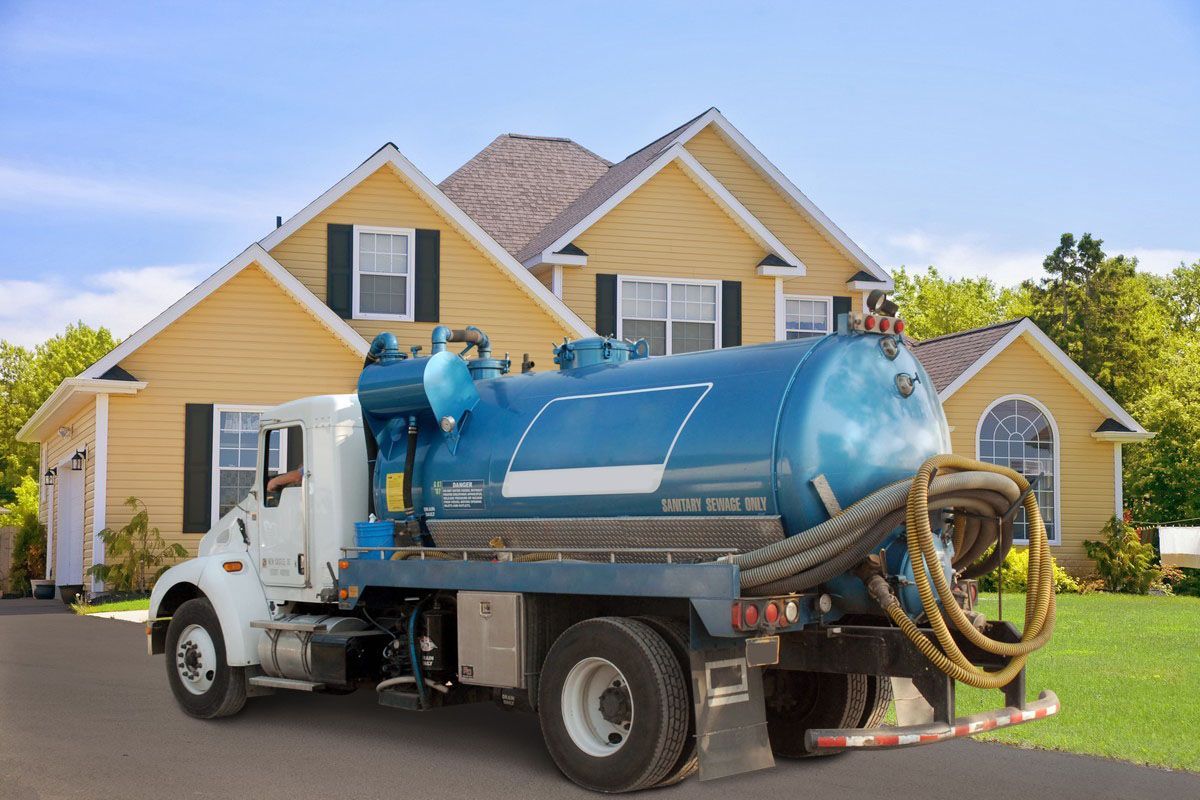
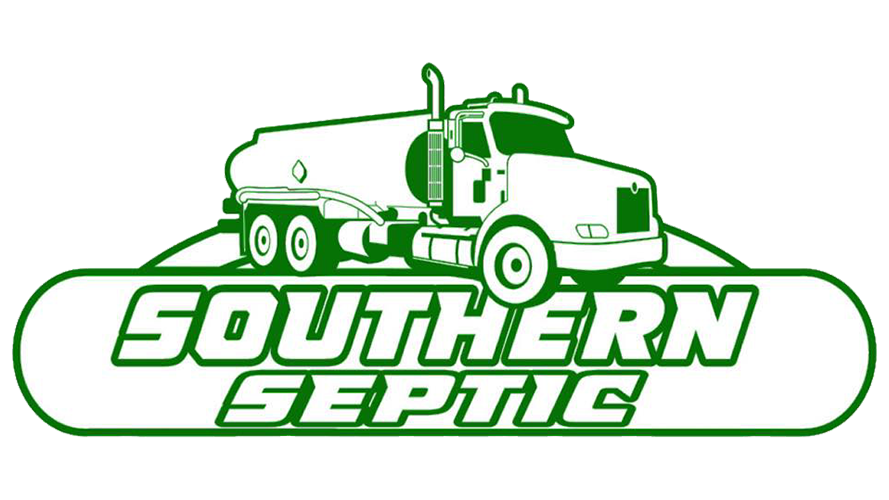
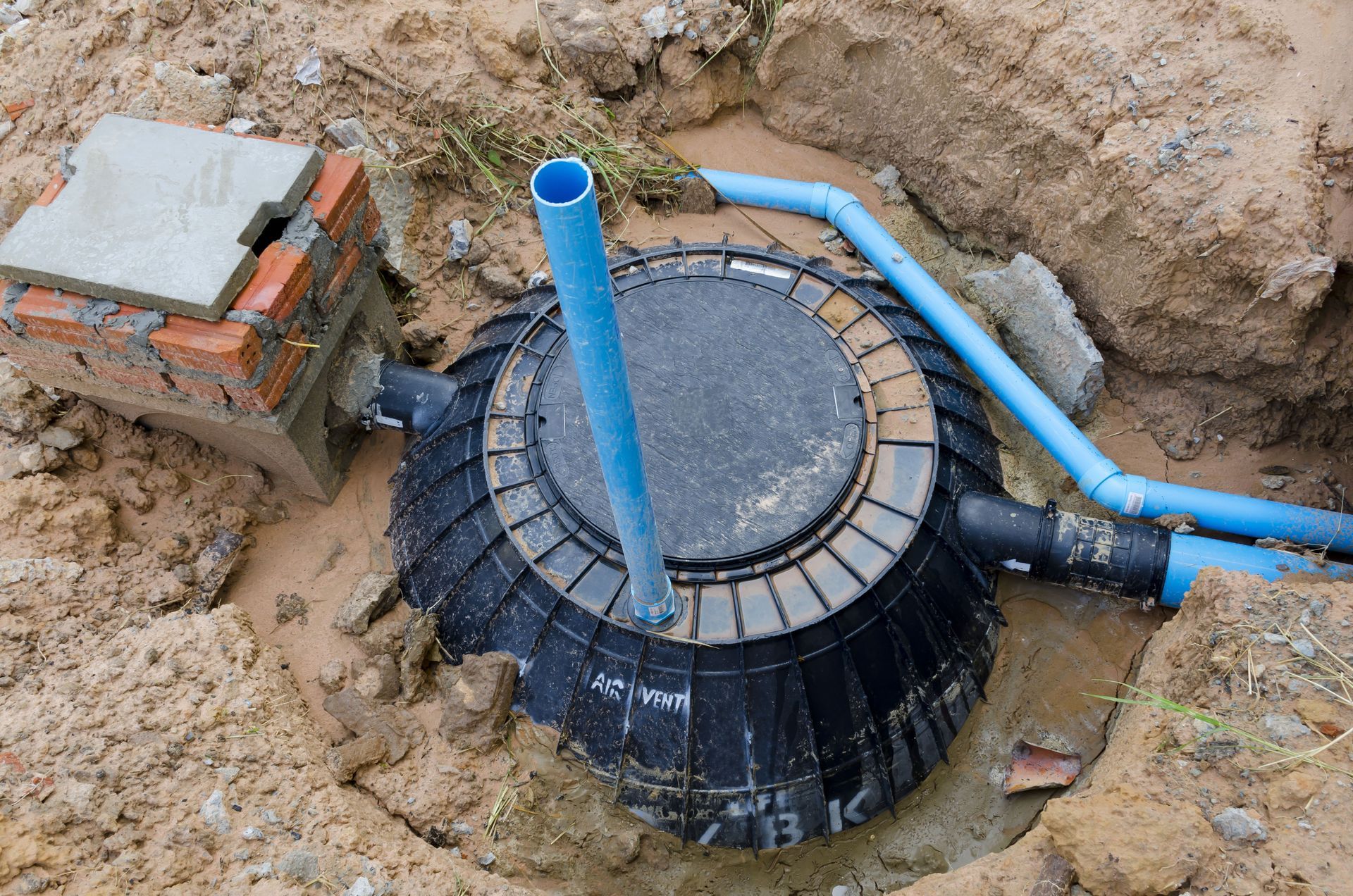
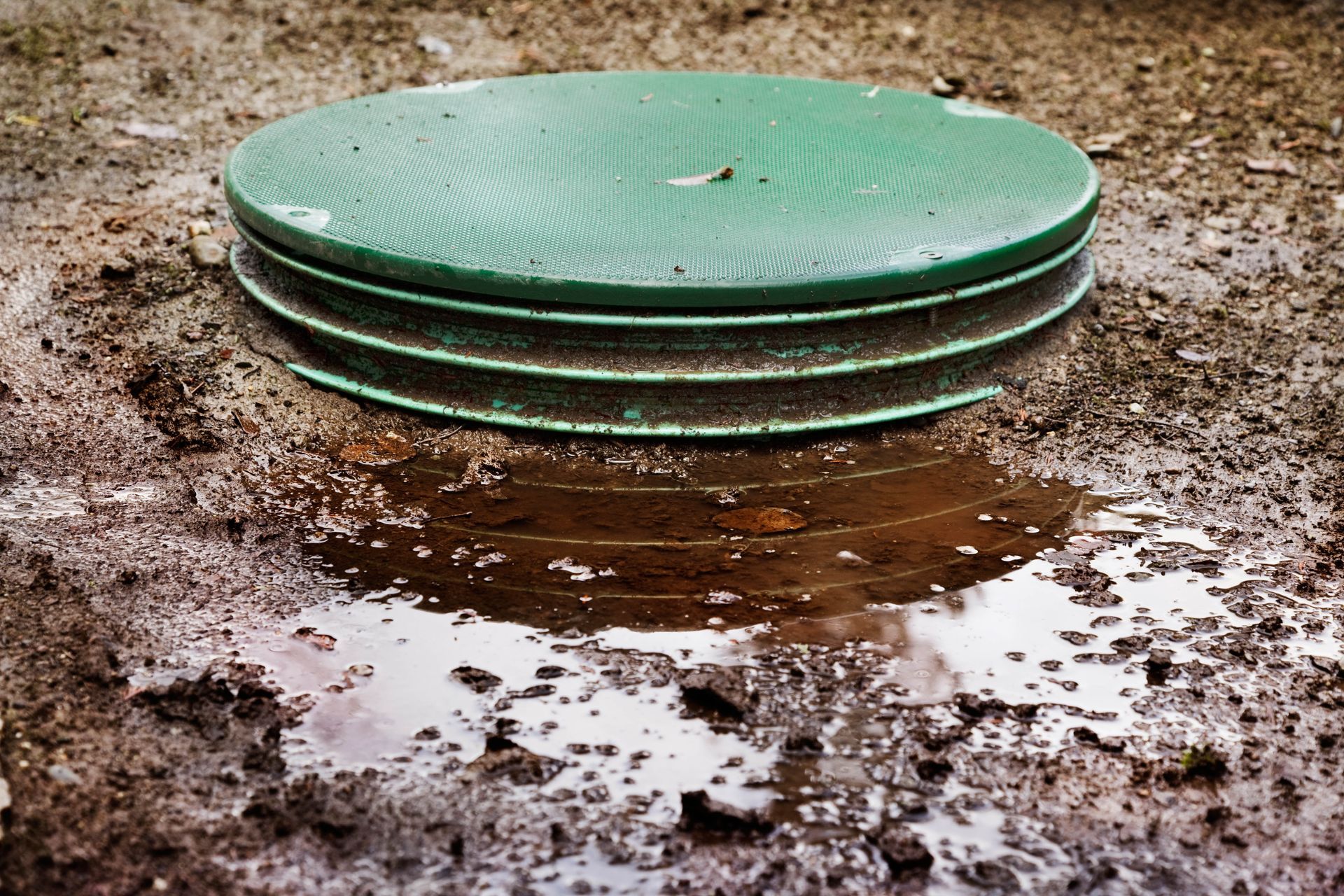
Share On: